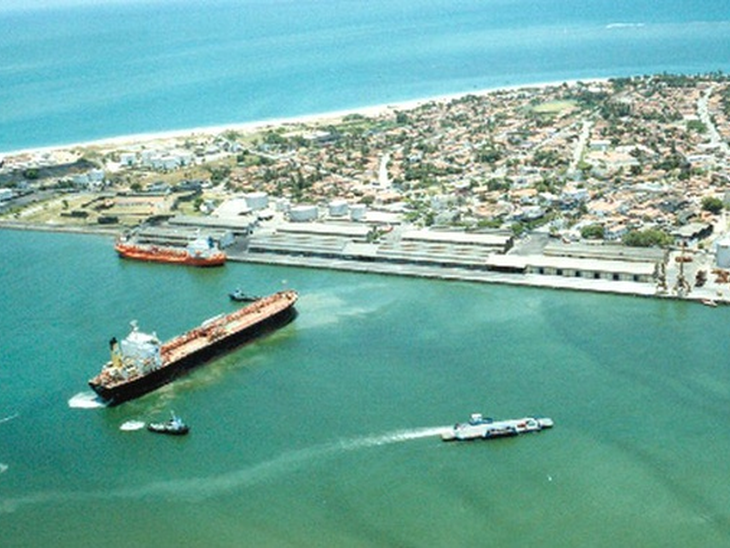
 Resumption
Resumption
T&B Petroleum/Agência CNI de Notícias

The poor quality of transport and the high tax burden are among the factors that most hinder the country's economic growth. In this way, government announcements in infrastructure concessions and tax simplification are part of the agenda necessary for Brazil to increase its competitiveness. This is the evaluation of the Director of Policies and Strategy of the National Confederation of Industry (CNI), José Augusto Fernandes.
The announcement came on the same day that the IBGE confirmed the fall of 3.6% of the Gross Domestic Product (GDP). For the CNI, the fall was not a surprise and the time is to look forward. According to the director of CNI, the increase in the participation of private initiative in investments and in the management of enterprises will open the way for the modernization of infrastructure in Brazil.
Infrastructure
The concession package demonstrates the government's willingness to unlock the nodes of Brazilian infrastructure. Auctions of transmission lines, port terminals, sanitation and highway companies were announced, as well as announcements or renewals of leases of highways, railways and ports within the Investment Partnerships Program (PPI).
"Concessions are the best way to reverse the backlog of infrastructure in Brazil, because the private initiative will inject resources and bring greater efficiency to the management of the projects," says José Augusto Fernandes.
Tax reform
The change in the Brazilian tax system, especially in the taxes on the circulation of goods and services, among them ICMS, PIS-Cofins, is essential for the creation of a more rational, transparent and reduced bureaucratic obligations system. For this, it is indispensable a tax reform that reduces the number of tributes and simplifies its collection. The changes, however, cannot raise the tax burden under any circumstances.
PIS / COFINS
The industry estimates that changes in tax rates cannot increase taxation on some sectors, even though the tax burden in general remains the same.
ICMS
For the industrial sector, it is necessary to change the ICMS collection rules, allocating a larger portion of the tax to the state of destination of the product, to avoid the fiscal war. The CNI also advocates the creation of a federal compensation fund to compensate states that lose revenue from the migration of the ICMS to the state of destination.
Contact us